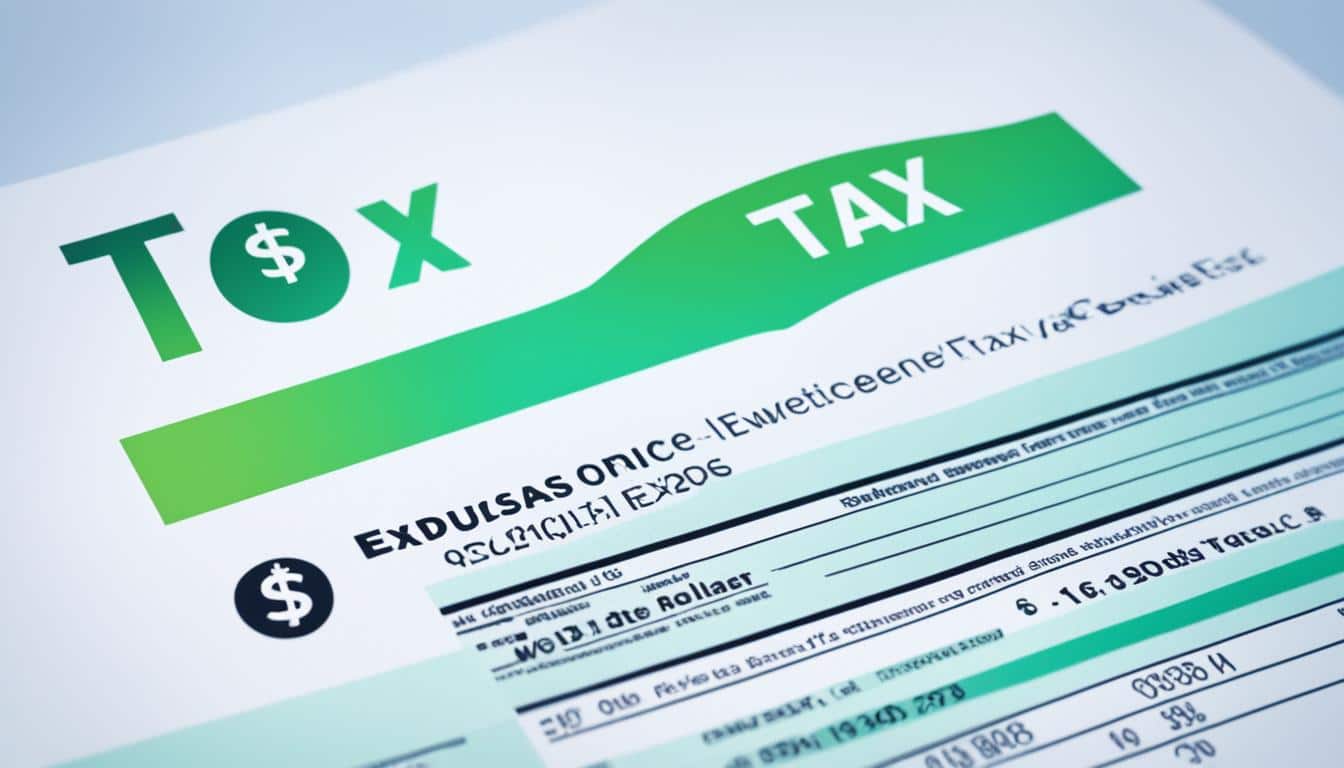In today’s fast-changing world, businesses face a challenge. They wonder if they can deduct the costs of their websites in their taxes. The Kellett v. Commissioner case took this question to a new level. It showed a path for businesses to claim website expenses on their federal taxes.
The court made a clear line between costs that are often deductible and those that are not. It said only expenses for an already operating business are deductible. This helps businesses understand when they can deduct costs for their website. For instance, costs after launching your site in 2015 could be deducted. But, costs from earlier development were seen as startup expenses, not operational costs.
Additionally, a rule that made it easier for taxpayers to deduct software costs was dropped. This change means taxes on digital expenses might be harder after the case. Mark Leeds from Mayer Brown firm pointed out how this case is crucial for modern business starting in digital spaces.
Key Takeaways
- The tax deductibility of website expenses depends on whether they are classified as business or startup costs.
- Operational business expenses, such as post-launch website costs, may be deductible.
- Pre-launch website development expenses are generally treated as startup costs and must be amortized.
- The Kellett v. Commissioner case provides critical guidelines for the deductibility of digital expenses.
- Important to differentiate between ordinary business expenses and start-up costs for optimal tax benefits.
- Stay informed on evolving tax laws impacting digital and website expenses for compliance and maximization of tax benefits.
Understanding Business Expenses and Tax Deductions

Tax deductions for business expenses can be tricky. It’s especially important for your website. Knowing which costs can be deducted helps a lot. This includes website costs and expenses for website development.
What Qualifies as a Business Expense?
To qualify for a tax deduction, a cost must be both “ordinary and necessary.” Imagine it as something your type of business usually needs and truly helps. Here’s the deal: not all website costs fit neatly into this rule. But don’t worry, let’s dig into what this really means:
- Ordinary Expenses: These are common within your field. For example, website hosting fees usually make the list.
- Necessary Expenses: These are expenses important for your business. Costs for website design or development can fit here, especially to meet your customer’s needs.
Ordinary vs. Capital Expenses
When it comes to website expenses, knowing if they are ordinary or capital is key. It’s not always easy to tell them apart.
- Ordinary Business Expenses: These are essential to the everyday operation. If website design keeps you ahead of the competition, you might be in luck.
- Capital Expenses: These are bigger, long-lasting investments. This includes buying domain names or doing a major website refresh. They are capitalized and paid off over time.
Are you scratching your head yet? Don’t worry. This table should help clear things up a bit:
| Expense Category | Tax Treatment |
|---|---|
| Website Hosting Fees | Ordinary Expense (generally deductible) |
| Initial Website Development | Capital Expense (subject to amortization) |
| Website Redesign | Depends (could be Ordinary or Capital Expense) |
| Domain Name Purchase | Capital Expense |
Trying to figure it all out? Knowing about website design deductions and website development deductions is a start. This knowledge helps with planning your finances better.
Are Website Costs Tax Deductible?
Entrepreneurs and business owners often wonder about website costs and taxes. We’ll look into current tax laws to clear things up.
Website Development Costs
Figuring out if you can write off website development costs is a bit of a puzzle. If these costs help run your business, they might be tax deductible. But, if you pay these costs before your business starts, they’re startup expenses. These must be spread out over 180 months.
Website Maintenance and Advertising Costs
After your website goes live, the game changes for maintenance and advertising costs. If they’re key to keeping your business running, they may be tax deductible. You just have to show these costs are directly linked to your business activities.
So, can website expenses be claimed on taxes? Yes, but they need to be the right type of expenses. Here’s the deal:
- Ordinary and necessary business expenses can be deductible if incurred by an active business.
- Startup costs—incurred before the business starts—need to be capitalized and amortized.
- Website maintenance and promotion costs, ongoing after the business starts, are normally deductible.
Putting your website expenses in the right categories and at the right time is key. It helps get the most from your tax deductions for website costs.
Startup Costs vs. Operating Costs
Starting a business means knowing the startup costs first. This covers many things – like researching the market, advertising, and hiring. You pay these before opening your business. Plus, you spread these costs over several years for tax purposes. You can’t write off the whole amount in one year.
Then there are operating costs. These are the expenses to keep your business going every day. This includes bills, rent, and for online businesses, updating the website. The good news is that these costs can be deducted right away on your taxes.
It’s important to understand the differences in these costs. Whether looking at the tax benefits of website expenses or other costs, see the table for a clear view:
| Type of Expense | Description | Tax Treatment |
|---|---|---|
| Startup Costs | Expenses incurred before business operations begin | Typically require amortization |
| Operating Costs | Day-to-day expenses after business is operational | Generally immediately deductible |
Properly understanding these costs can lower your taxes. Sorting out startup costs and operating costs is key. It can really help your business’s money handling strategy.
Conclusion
Claiming website costs on taxes walks a fine line. You must understand if the costs are pre-operational or post-launch. The Kellett case highlights the importance of knowing how to treat these expenses for tax purposes.
To stay safe, keep thorough records and plan wisely. Distinguish pre-operational from operational costs. After launching, you can likely deduct website maintenance and marketing expenses. This can help reduce your taxes and improve your financial situation.
Keep in mind, tax laws on digital assets are always changing. To make the most of tax deductions, staying current on these regulations is a must. The key lesson is to plan ahead for taxes. This approach can help you take full advantage of deductible website costs. It could be the game-changer for your business’s financial success in the digital world.








